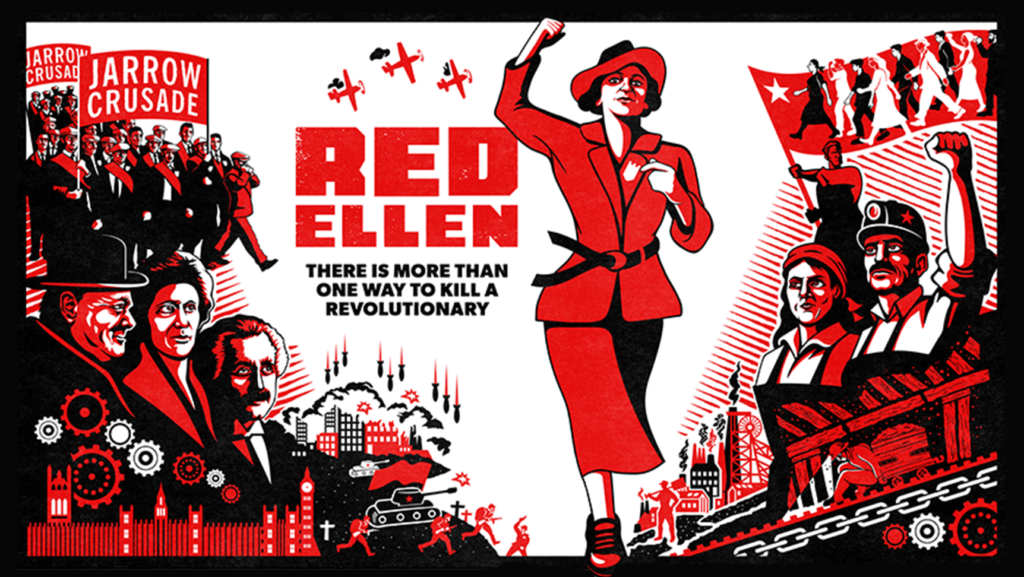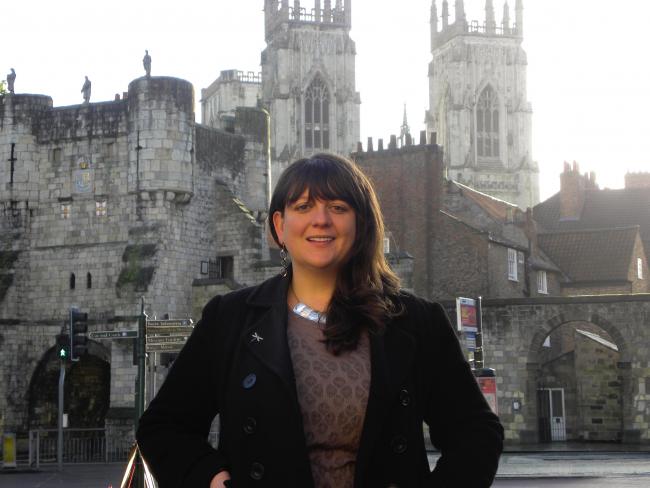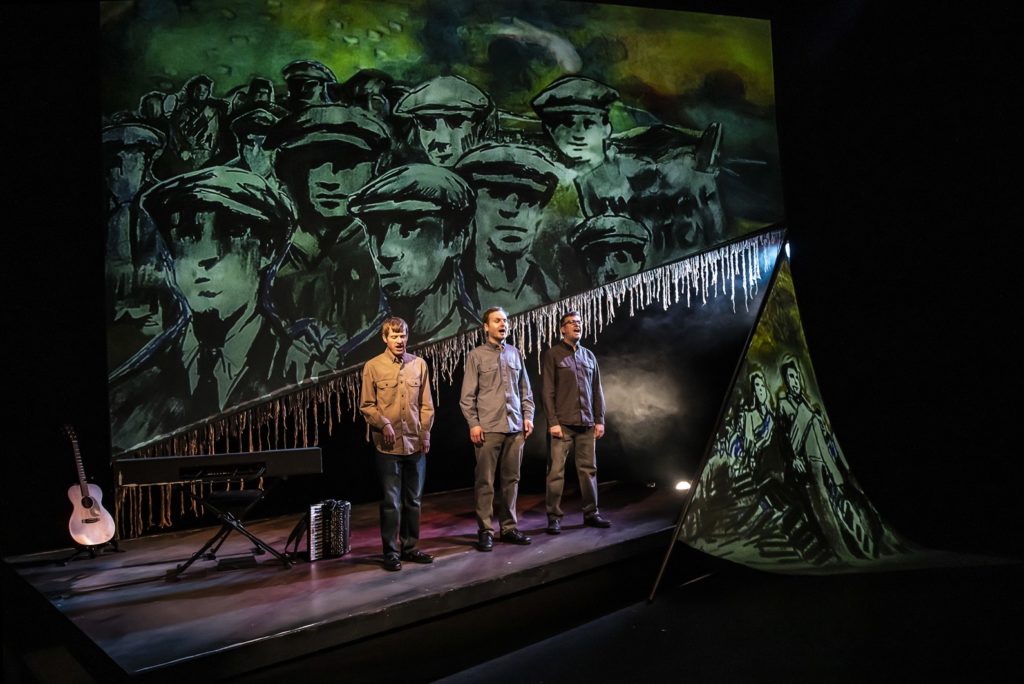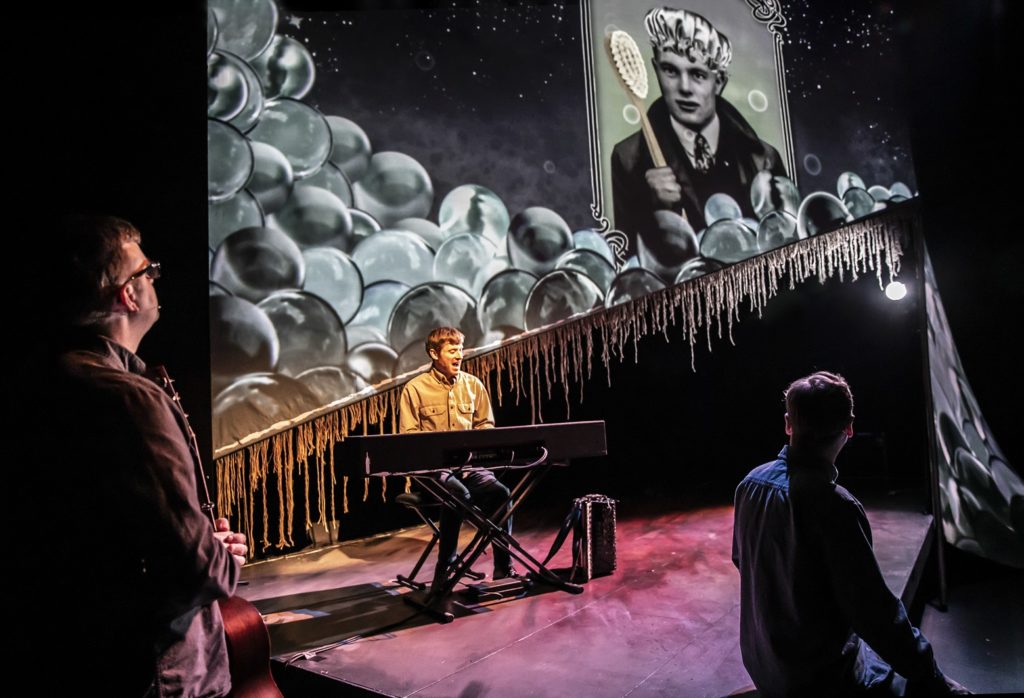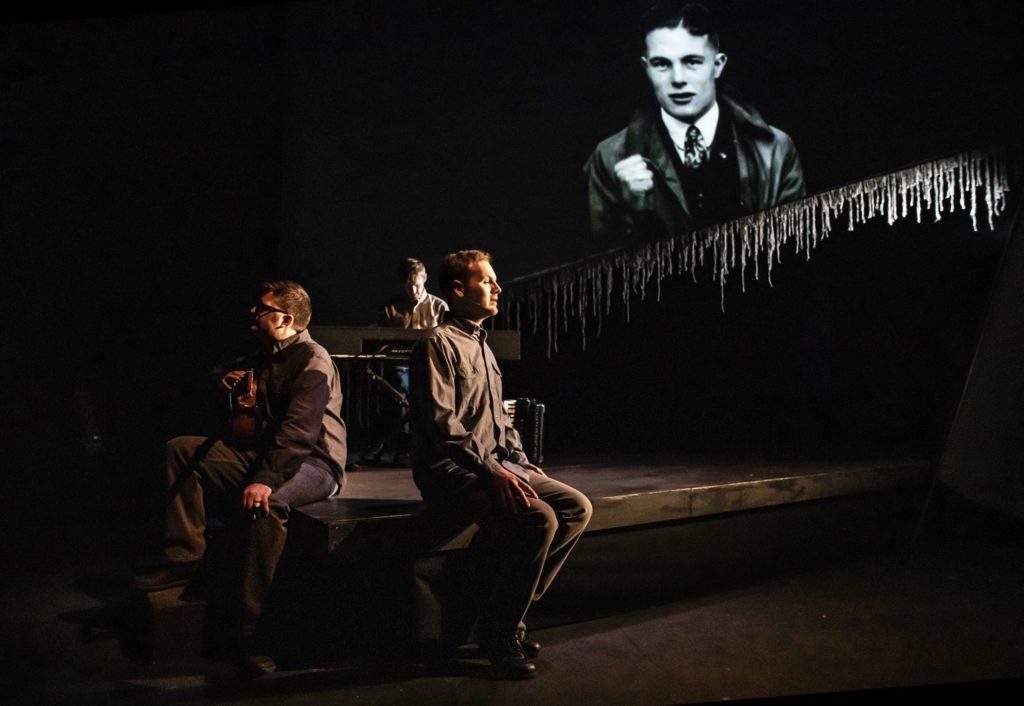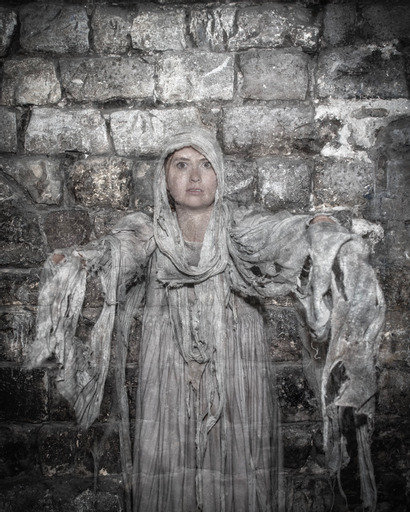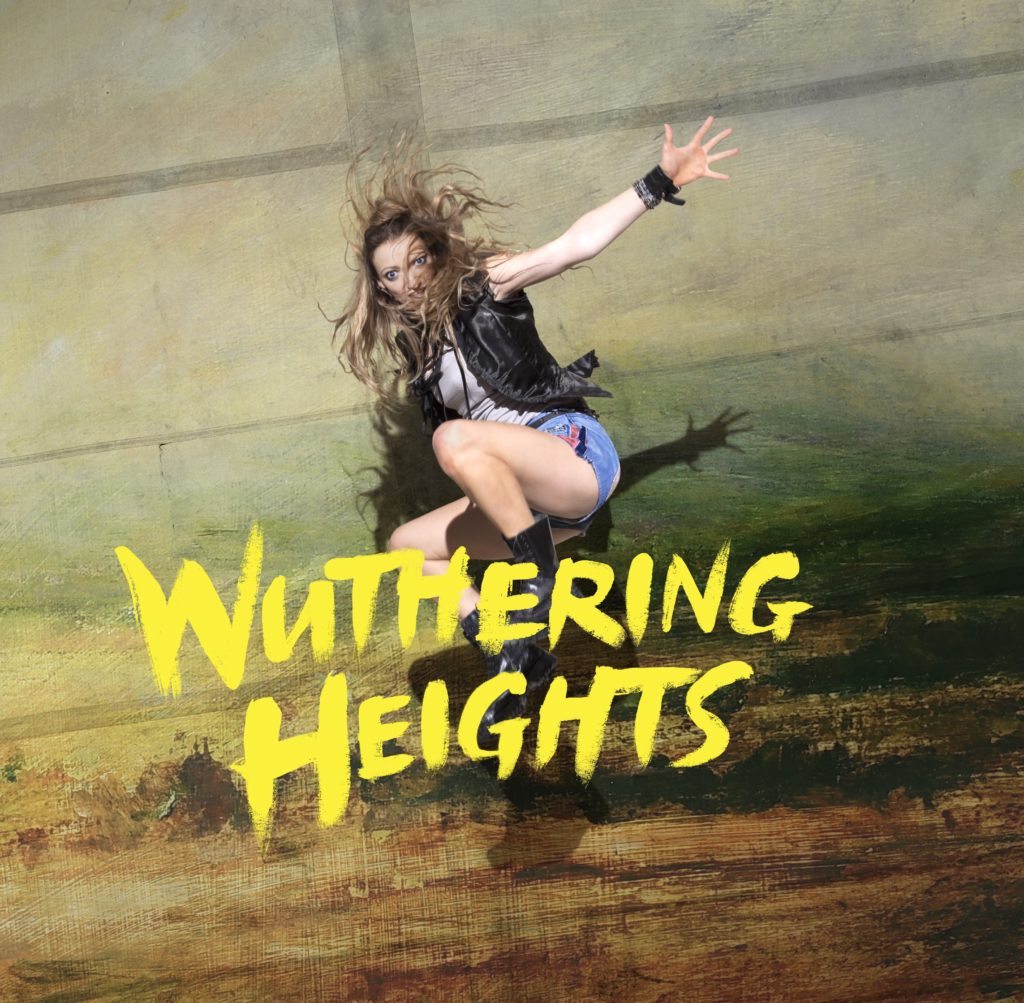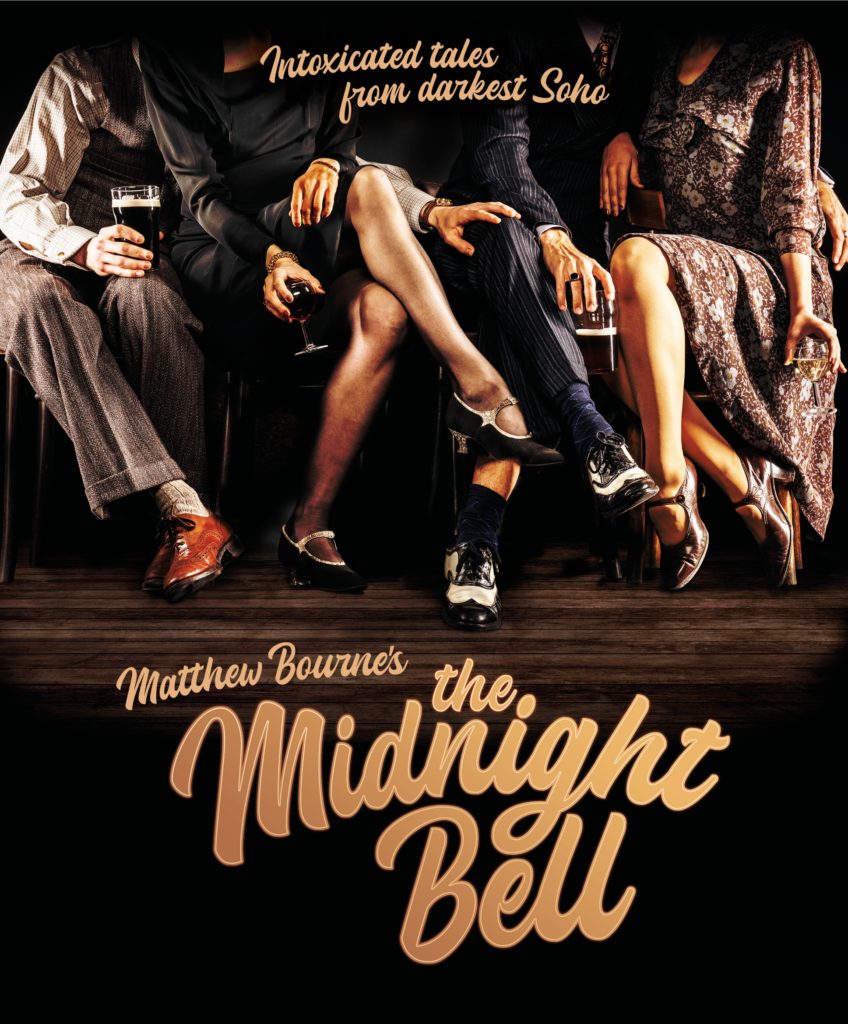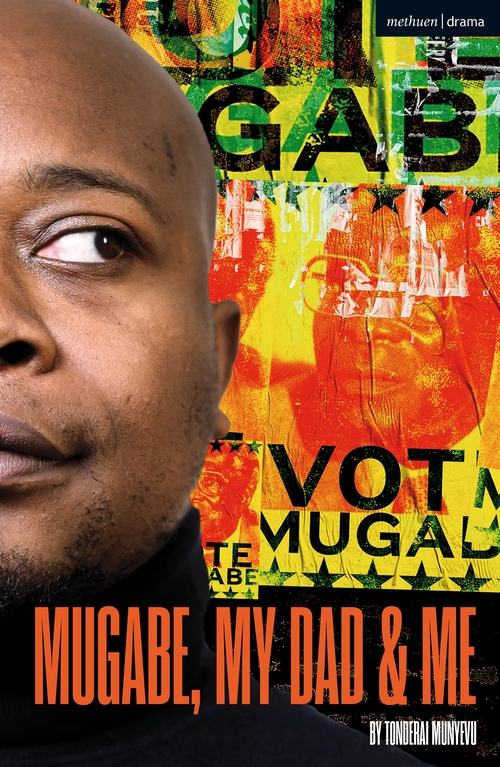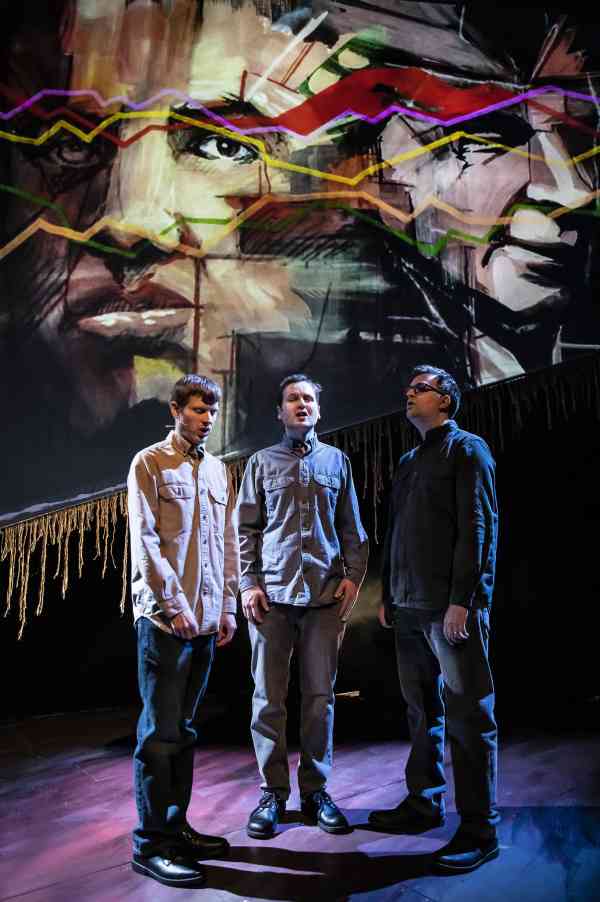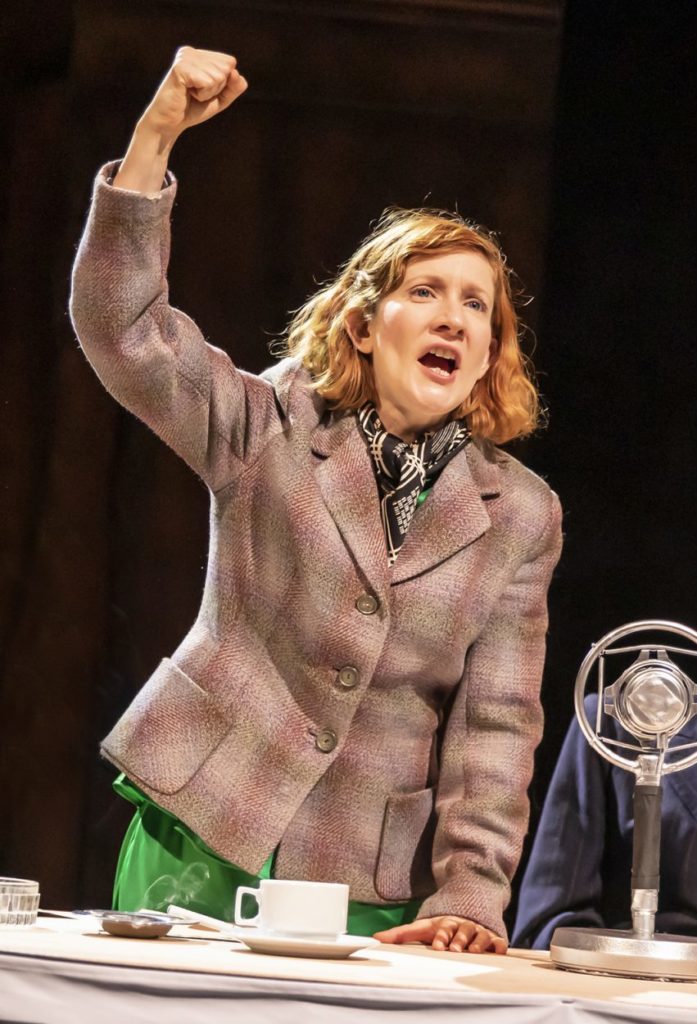
WHO was the Elfin Fury, the Mighty Atom, the Fiery Particle?
The answer is Labour MP Ellen Wilkinson (1891-1947), a working-class northern woman in a man’s world, whose presence inside the walls of Westminster prompted the reaction: “If that is not espionage, I do not know what is.”
Seven years since the initial commission from Lorne Campbell – Northern Stage’s artistic director at the time – playwright and poet Caroline Bird’s play Red Ellen has taken flight at last, “full of life, passion and humour” in Wils Wilson’s touring production.
Next stop, York Theatre Royal, from May 24 to 28, in the wake of Northern Stage turning the spotlight on another should-be-better-known inspiring political story in The Ballad Of Johnny Longstaff at the Theatre Royal last October.
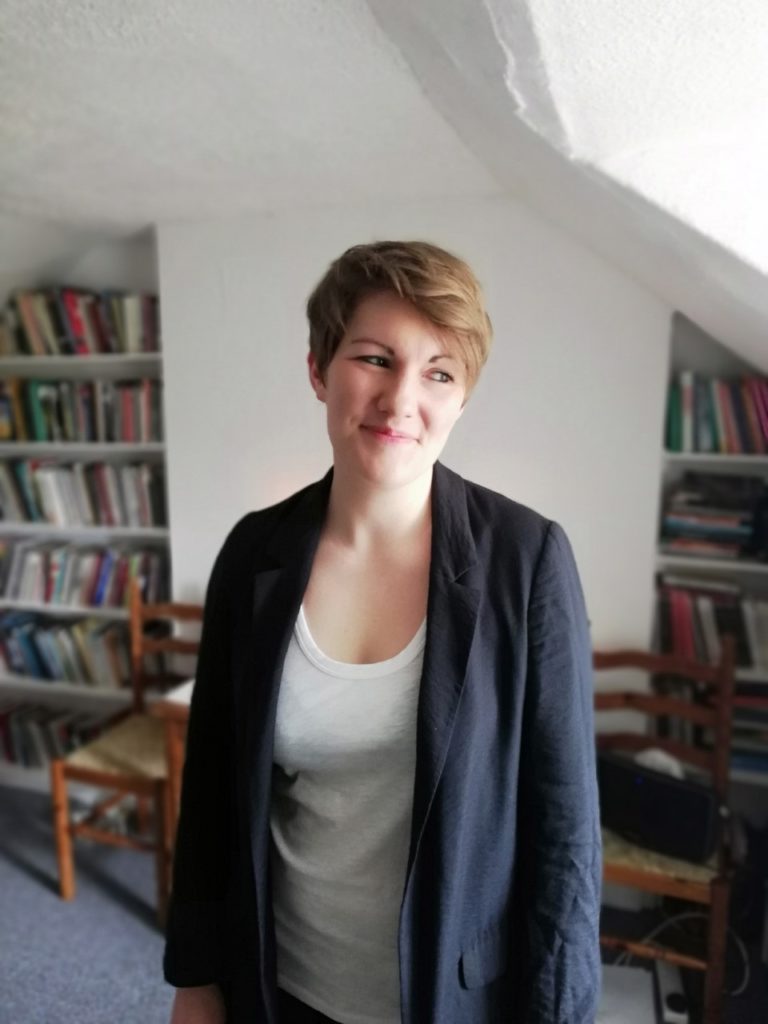
“Ellen was a complex person by anyone’s standards and she never stopped, but despite her herculean efforts, she is largely forgotten by history,” says Leeds-born Caroline. “The irony, of course, about ‘forgotten women of history’ is invariably the facts of their lives turn out to be acutely memorable: they’re not forgotten because they’re forgettable.
“I’ve been living with Ellen Wilkinson in my head for seven years now and I can honestly say, after writing this play, Ellen has done the impossible: she has given me back a glimmer of faith in politics.
“We need politicians like Ellen, and we also need to look after them and support them. She failed at so many things, and yet she was a total, stonking, miraculous, life-affirming, bl**dy wonderful triumph. A bright and particular star. I hope that some of Ellen’s light can still reach us all the way down here, and that this play might reignite a spark or two.”
In a nutshell, Red Ellen depicts a woman “forever on the right side of history, forever on the wrong side of life, caught between revolutionary and parliamentary politics, as she fights against the odds with an unstoppable, reckless energy for a better world”.
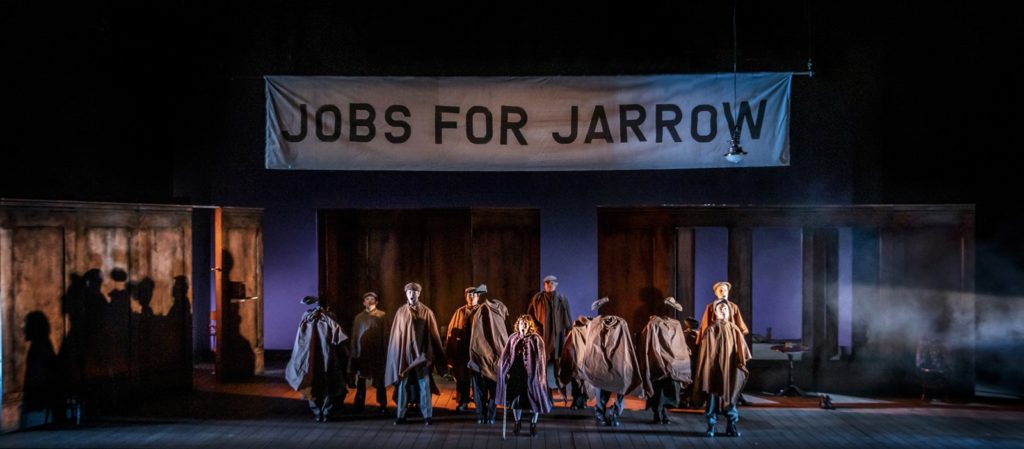
These are the facts: Ellen Wilkinson, MP for Middlesbrough East and later Jarrow, campaigned tirelessly for social change, raising the school-leaving age, bringing in free school meals and leading the Jarrow March from the North East to London through York, Nottingham and the Midlands to deliver a petition to reduce unemployment and poverty.
Not only was she the only female minister in Attlee’s government, she also served as a vital member of Churchill’s war cabinet, taking sole charge of air raid shelters as “the Shelter Queen” during the Second World War.
Further afield, Ellen campaigned for Britain to aid the fight against Franco’s Fascists in Spain, battled to save Jewish refugees in Nazi Germany and published some of the first anti-fascist literature in Britain.
She encountered Albert Einstein and Ernest Hemingway, had affairs with Communist spies and government ministers alike but still found herself on the outside looking in.
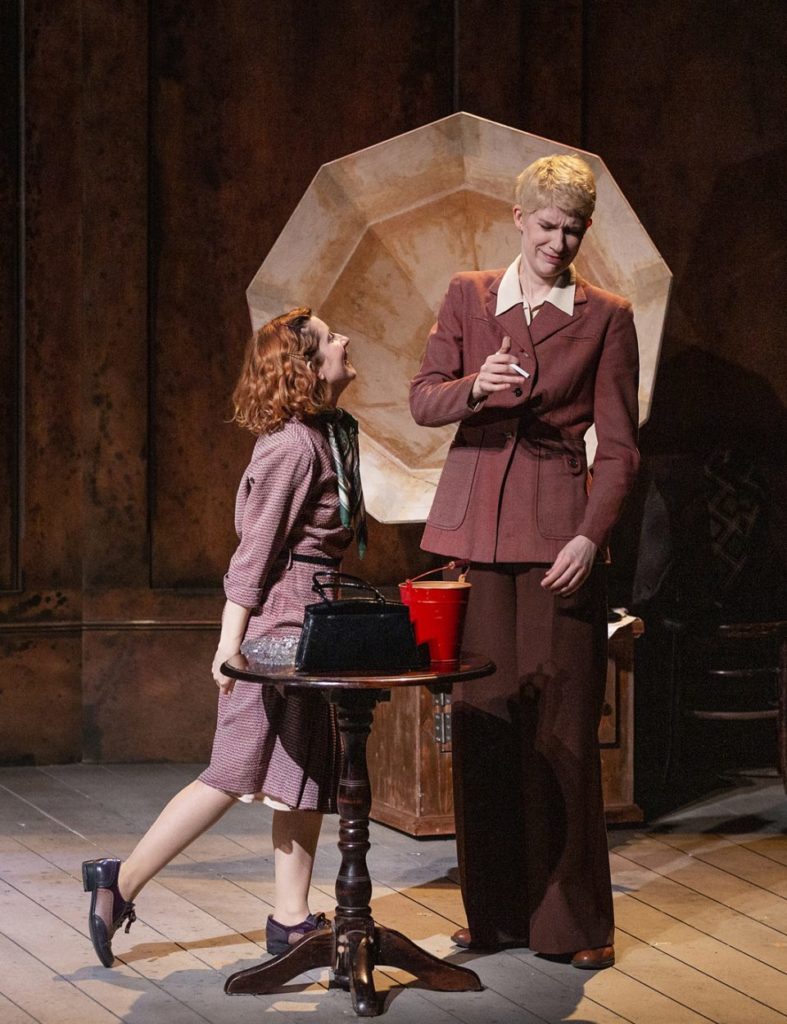
Rather like her under-appreciated place in British political history, Caroline? “When I was commissioned, I knew little about Ellen, but then I got obsessed,” she says. “I found most people hadn’t heard of her, but it’s like a magician’s top hat: the more you reach in, the more material you find.”
Ellen’s personal papers were burnt after her death, leaving gaps in the story. “I wasn’t interested in writing a eulogy; I wanted to focus on both the personal and political side of her and how her personal side affected her political life,” says Caroline.
“In the absence of her papers, the play is fictionalised, in that I don’t have written proof, but everything has been written with the clout of research behind it for me to make a dramatic representation of her personality and what makes her a beacon of humanity.”
Ellen was always in such a rush, always running, that she often fell over. “She was only 4ft 9 tall, she just couldn’t move fast enough to do everything she wanted to do – and she had asthma too – but nothing would stop her,” says Caroline. “Like when she was driving in a blackout in the war, colliding with lorry and fracturing her skull but went back to work.”
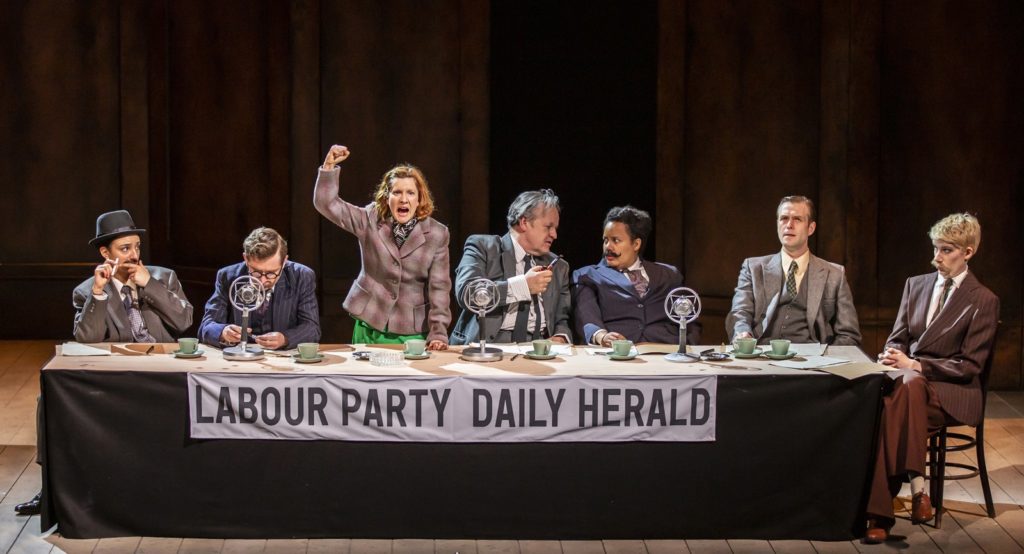
Caroline felt “sad and reflective” when being struck by Red Ellen’s pertinence as she wrote her story. “There’s a feeling that Ellen spent her whole life walking, marching down a moving walkway that was going in the opposite direction,” she says.
“She had the wind in her face. Sometimes she was having to fight just to stay still. And sometimes it feels like that now. We have to fight to keep what we’ve got before we can even move further along – and there was so much further to go on this march, so much further to go.
“And the left is divided. That’s the other thing that Ellen really fought for. She wanted unity.”
Northern Stage, Nottingham Playhouse and Royal Lyceum Theatre, Edinburgh present Red Ellen, York Theatre Royal, May 24 to 28, 7.30pm nightly; 2pm, Thursday; 2.30pm, Saturday. Box office: 01904 623568 or at yorktheatreroyal.co.uk.
